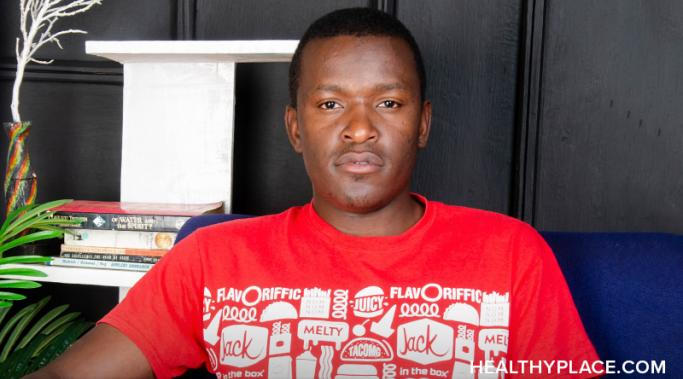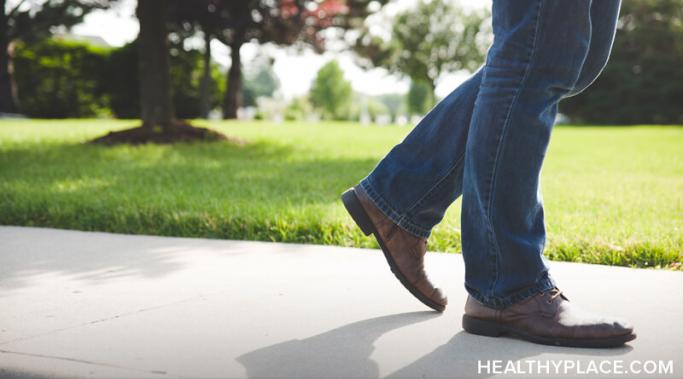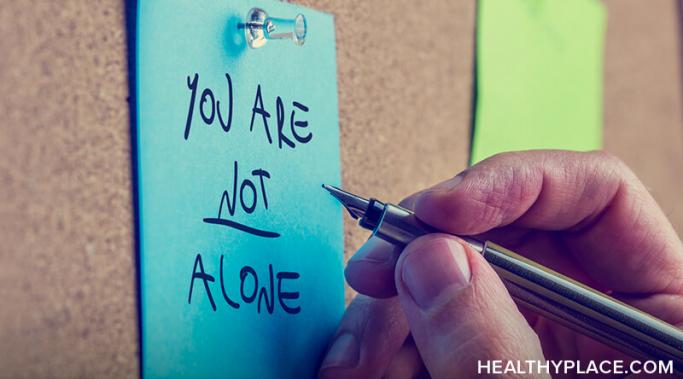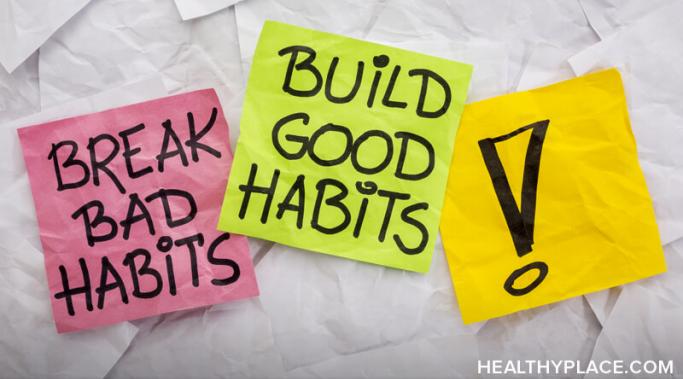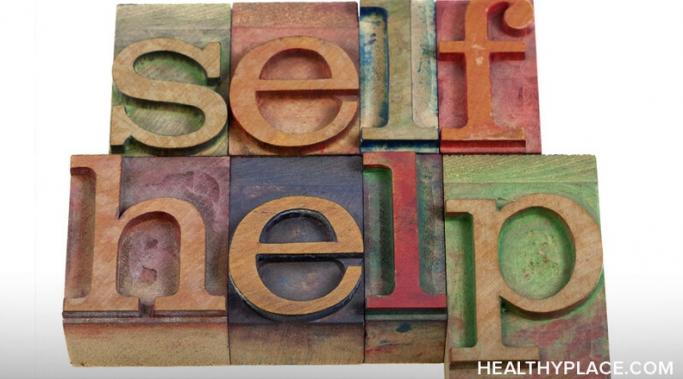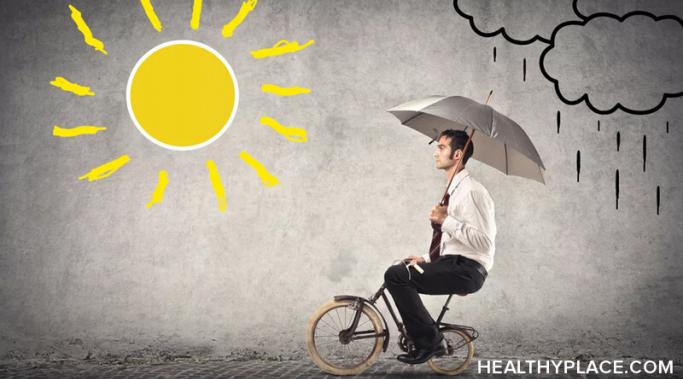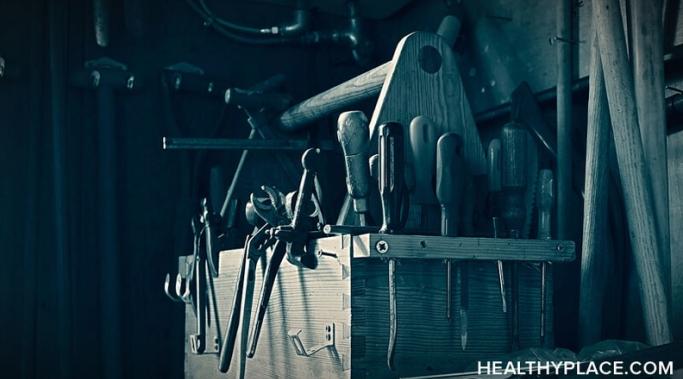I, like many others, struggle with finding a healthy balance for most things, and finding my self-esteem sweet spot is no exception. As I navigate the highs and lows of self-confidence, I often wonder what level counts as optimal. My outlook on self-esteem was, for a very long time, one-sided. I didn't believe there was such a thing as high self-esteem. Now that I know better, I have been very conscious about my efforts to keep my self-worth at a healthy level.
Building Self Esteem
My name is Teddy Muyeka, and I am passionate about sharing my mental health journey. I am glad to share my experiences here at "Building Self-Esteem" so that I can help others cope better with their struggles. I have lived with depression for a long time, and it has deeply affected my self-esteem. My coping mechanisms during this time, mostly avoidance, turned out to be causing more harm than good. It wasn’t until I started therapy that I started my journey to rebuild my self-confidence and develop healthier coping mechanisms.
Today, I'd like to wish you all a sincere farewell, as this is my last post for the "Building Self-Esteem" blog. I've been thinking about my work here at HealthyPlace and would love to leave you with a few reflections.
Suicide is a challenging topic to discuss. However, it is extremely important. Today, I'd like to talk about low self-esteem indicators that can be early signs of suicidal thoughts and behaviors. (Note: This post contains a trigger warning.)
Throughout my life, I've had an internal dialog of thoughts that offers commentary on my daily life. Recently I've noticed that some of those thoughts can be negative. The negative thoughts occur when I feel that I've done something wrong. These thoughts could come after driving too aggressively, snapping at a friend, or being lazy. Today, I'd like to talk about how those negative thoughts can be damaging and how to accept negative thoughts with grace and build self-esteem at the same time.
I've long been told to let go of the things I can't control, and I always wondered how. It's not like I can flip a switch and suddenly not stress over the various external circumstances I'm dealing with at the time. For years I tried to tell myself that I would just not care about that stuff. It didn't work very well.
Over the past several months, I've been writing about ways to boost self-esteem at a comfortable pace. I find that working at your own speed and setting achievable goals will help set anyone up for self-esteem success. Today, I'd like to talk about something different I tried recently. I want to talk about how challenging myself affected my self-esteem.
Over the last couple of weeks, I've been working on a new character trait -- being more assertive. Low self-esteem often makes me feel like being assertive is a bad thing. It can feel like I'm outright mean when that's not the case.
I've been writing for HealthyPlace for about six months now. I've written numerous articles about dealing with low self-esteem and how to improve it. However, I've been thinking about my process and realized that while I may be able to identify low self-esteem, that doesn't mean everyone can. Today, I'd like to take a different approach to identifying low self-esteem. I'll write this post from my viewpoint as I figure out my self-esteem.
Over the last couple of weeks, I've been pondering what emotional attributes can be signs of low self-esteem. Recently I've realized that I tend to be oversensitive and quick to anger when experiencing low self-esteem. Today, I'd like to talk about how to remedy that.

